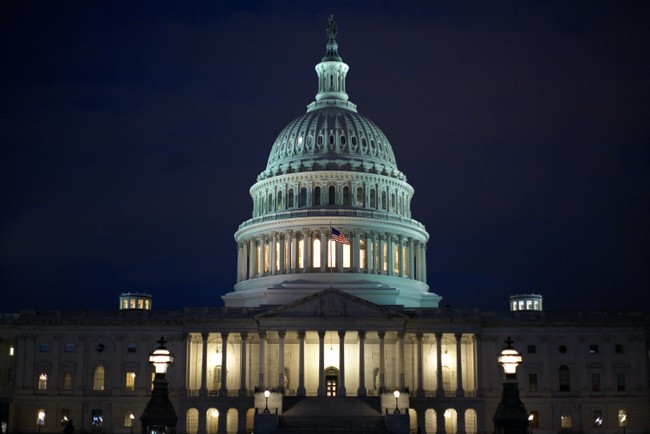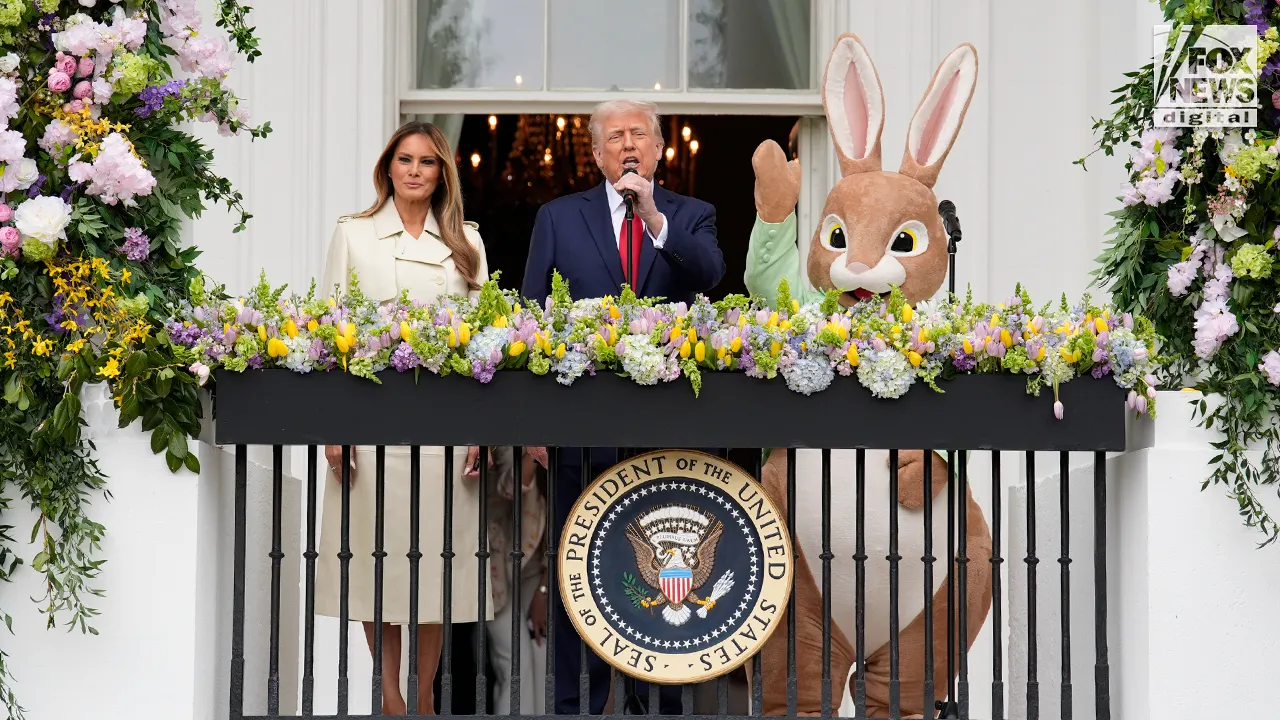CNN is reporting–it’s the big story on their front page as I write this, in fact–that Elon Musk’s and Vivek Ramaswamy’s Department of Government Efficiency is well on its way to slimming down the federal bureaucracy before it even gets up and running.
Good work guys. I keep on saying the world is healing, and while this may be overoptimistic, there is plenty of evidence like this to back up my hopes.
Great solution – it will save a lot of taxpayer money! Accepting resignations is so much cheaper than investigating to find out who to fire.
Also will be a good idea to list out what functions are being done so we can see what does need to be kept, or noted if it creates a…
— Alexandre Lores 🇺🇸🇨🇦🇨🇺 (@alexandre_lores) November 20, 2024
Government employees are getting their knickers in a twist over a proposal to get workers back into the office–something that hasn’t happened since the last time Trump was in office.
President-elect Donald Trump’s new Department of Government Efficiency, a nongovernmental entity helmed by billionaire Elon Musk and biotech entrepreneur and former Republican presidential candidate Vivek Ramaswamy, is expected to make a push for an end to remote work across federal agencies as a way to help reduce the federal workforce through attrition.
Both Musk and Ramaswamy have recently publicly lamented the number of employees working remotely across the government.
A source familiar with early discussions about the focus of DOGE, as the initiative is known, told CNN that while nothing is final, early priorities include an effort to immediately end remote work across federal agencies, making a five-day work week a requirement for all federal employees.
“It’s a no-brainer step and many companies have done this. So why shouldn’t federal employees who are paid with taxpayer dollars be required to be in office?” the source said.
The thinking is this kind of mandate, coupled with moving agencies out of Washington, DC, would cause many federal workers to voluntarily leave, helping the new Trump administration thin out the federal workforce ranks and save the government money.
Washington, D.C. officials have been begging for a return to business as usual for simple economic reasons: without all those government employees flooding the city every day, local businesses have suffered terribly.
Some local leaders don’t think that’s a bad idea, especially as it affects the Metro system.
In the wake of the pandemic, federal workers haven’t returned to downtown D.C in force. Metro is still hundreds of thousands of riders short on the rails in comparison to pre-pandemic numbers. Once Trump takes office, that all could change. There are rumblings his administration may call all federal workers back to the office full-time.
If federal employees do get the call to work in their offices more often, Metro could gain tens of thousands of riders, Sen. Mark Warner of Virginia said.
“I’ve advocated for a long time that workforce – public sector, private sector – ought to be back in the office. That doesn’t necessarily mean five days, but it does mean a lot more than we’ve got right now,” he said.
Federal agencies are more vulnerable to potential cuts and changes without employees in offices, Warner said.
“Candidly, if there are departments that are only in a day a week, then the ability to say there’s value in having them adjacent to each other, combined, goes down dramatically,” he said.
There has even been talk of taking over federal buildings and turning them into housing because there is so much empty office space. Of course, the feds don’t care about the wasted money, but taxpayers sure do. And while I have little sympathy for the government of DC, they do have a point that the federal government takes up a ton of space and no longer brings in the workers to keep the city vibrant and functional.
An article by Elon Musk and Vivek Ramaswamy. Something that every American citizen concerned about the future of our republic should read. https://t.co/1mB2c1Jz2Z
— Patrick L. Francis ✝️ (@patricklfrancis) November 20, 2024
Currently only 25% of federal office space is in use, according to the GAO. The Department of Education only uses 16% of their office space.
Some federal employees who have been allowed to work fully remotely say that forcing them to come back to the office would upend their lives – and not necessarily save the government as much money as one might expect.
“I can’t abandon this career,” one Library of Congress worker who lives in the Midwest told CNN. “I would be forced to move back to Washington, DC, even if it means separating my family.”
The worker, who requested anonymity to protect their job, had reported to their office in Washington, DC, five days a week for many years. But when the Covid-19 pandemic hit, the employee was allowed to work remotely and moved to the Midwest to be closer to family and save money – even though it meant taking a $12,000 pay cut. They have since bought a home and entered into a relationship.
Adding to the complications, the worker doesn’t have an office to return to since others within the Library of Congress have already moved into their former space.
But some of their colleagues, particularly those with children, have said they wouldn’t be able to move back. That would hurt the Library of Congress’ mission since it, like many other government agencies, is already dealing with high turnover, the worker said.
Another federal employee who works remotely told CNN that they would have to commute two to three hours to the nearest office. That would be a deal-breaker for the worker, who has been with the federal government for more than 10 years.
“The stress would be through the roof,” said the employee, who requested anonymity to protect their job. “I am at the point where if I had to commute, I would resign. I would take this as a sign to move on and start a new chapter in my life.”
Ramaswamy thinks that forcing federal employees to return to the office will force a huge reduction in the federal workforce without much hassle. His objective of 25% attrition seems optimistic, but even a 10% reduction in the workforce without having to fire anyone would be massive.
And massive cuts are what we need. Slashing the size of the federal government would create a virtuous cycle: less federal spending, less deficit spending, more confidence in the US dollar and economy, and more investment in our business community.
Plus, there will be Americans to pick our fruits and vegetables–something liberals keep worrying about with the mass deportations coming.
If federal employees don’t want to “learn to code,” they can learn to pick fruit.
Read the full article here





![J.D. Vance Honors Pope Francis in Touching Tribute Following His Easter Monday Passing [WATCH] J.D. Vance Honors Pope Francis in Touching Tribute Following His Easter Monday Passing [WATCH]](https://www.rvmnews.com/wp-content/uploads/2024/08/2024.08.25-06.48-rvmnews-66cb7c9906dba.jpg)



